
By Rebecca Styles
Research Lead | Hautū Rangahau
I’ve been to a Mary Kay make-up demo in a motel room, my sister held a Tupperware party back in the 80s and I’ve bought Avon from a work mate. But these days you’re more in danger of being invited to a “party” where the rep is flogging cleaning cloths, essential oils or detox kits.
It’s known as party selling or network marketing and relies heavily on the sales rep drumming up business from their friends and acquaintances. However, our review of eight companies found it can be a pricey way to buy. The health and environmental claims made for some products were also open to question.
Premium price
We compared prices for a selection of products sold through party plan outfits with what you’d pay for similar goods in retail stores.
Amway, which sells cleaning products, cosmetics and supplements, advertised a pack of four Glister Toothbrushes for $35.10. A three-pack of toothbrushes from NuSkin, which also sells cosmetics and supplements, cost $19. In comparison, we found a six-pack of Colgate Zig Zag toothbrushes at the supermarket for $8.
At lingerie business Intimo, a singlet made from 94% MicroModal (a type of rayon) and 6% spandex cost $165. We found a similar singlet at Farmers for $24.99.
Fragrance seller Scentsy and essential oil manufacturer dōTerra both advertise fragrance diffusers for twice the price you can pay at chain stores.
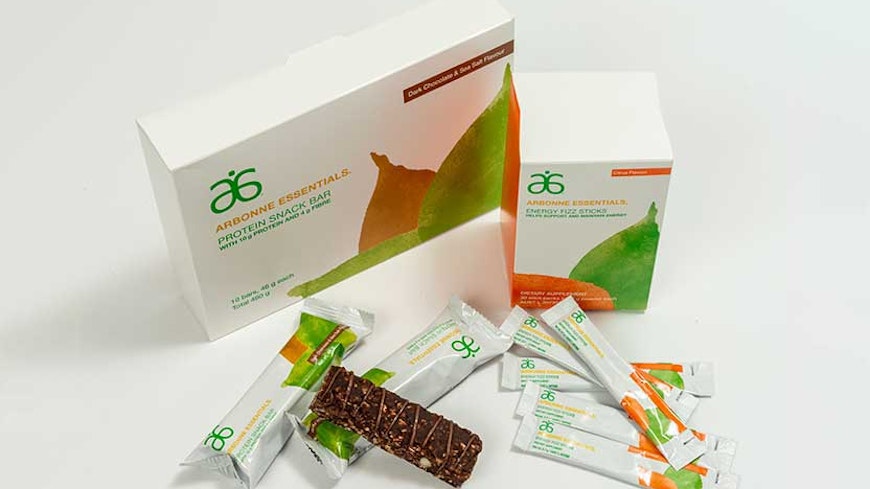
Arbonne Essentials Protein Snack Bars and Energy Fizz Sticks. The protein bars cost $43 for a pack of 10.
Protein bars from Arbonne cost $43 for a pack of 10. The company said it uses “high-end’ ingredients and believes the bars are reasonably priced for the quality that they provide. You’ll find cheaper snack bars at the supermarket with the same amount of protein.
Souped-up cleaning cloths from Enjo and Norwex were also pricier options than cloths available at retail stores.
Norwex’s EnviroCloth, which the company boasts contains “micro silver” and is “extra absorbent and ultra-durable”, was $32.50. Enjo cloths come in sets. The minimum you need to buy is a “duoglove” and an Enjofil microfibre cloth for $119 (water is put on the glove to clean and the Enjofil dries the surface). The company said the duoglove is made from “Enjotex” fibre that gives “a deep pore clean as opposed to microfibre products”.
If you want to try a regular microfibre cloth, you can pick up a three-pack for $4 at the supermarket.
Health hype
Along with high prices, we found dubious health claims on some of the products we reviewed.
Last year, dōTerra was rapped over the knuckles by the Ministry of Health for claiming its products can help fight cancer. Among other claims, the company said its essential oils helped cancer patients by supporting “the body to repair and fight off further infections”.
The company dropped the health claims after the ministry’s warning but we found a rep still promising products could fix your “aches and pains”. A dōTerra spokesperson said the company “conducts ongoing monitoring for non-compliant language and where concerns are raised, these will be addressed”.
“The body does not ‘release toxins’ […] there is no scientific rationale for the use of any substance claimed as being able to ‘detox’ the body”.
Arbonne, which markets cosmetics and supplements, was also selling products with dubious claims. Its Energy Fizz Sticks, $81 for a pack of 30, were touted as “a replacement for your morning coffee or for when you start to feel the afternoon sleepies”. Each stick contains more caffeine than a 250ml can of Coke.
One Arbonne consultant boasted she’d lost 30kg using Arbonne products and had replaced her daily eight to 10 cup coffee fix with fizz sticks, digestive teas and water.
The company also sold a 30 Days to Healthy Living supplement pack for $413, promoted by the consultant as a “detox” programme. She said to expect headaches when you switched to the supplement in the pack but reassured us that was normal – it was “just the body releasing toxins”.
University of Otago School of Medicine Professor Rob Walker said “the body does not ‘release toxins’ […] there is no scientific rationale for the use of any substance claimed as being able to ‘detox’ the body”. The normal function of the liver and kidneys is to break down and eliminate waste from the body, he said.
Green claims
We also found products making environmental claims but few were backed by independent certification.
Norwex said its cosmetics “carry certifications you can trust” and provide “your family with the gentler, more natural clean they deserve”. However, only ten Norwex cosmetic products were certified.
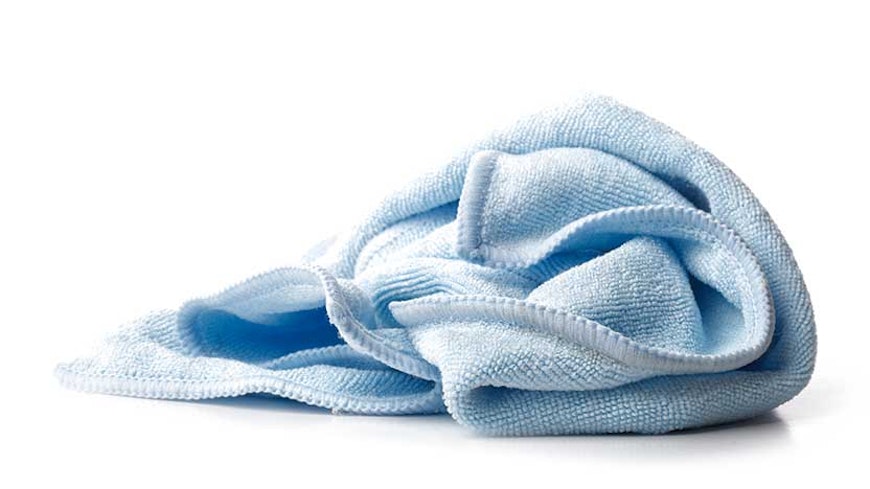
Microfiber cloths contain plastic fibres (polyester and polyamide) that can shed over time adding to microplastic pollution.
A rescue gel, hand cleaner, hand cream, body lotion and shower gel have certification from NaTrue, a natural cosmetic scheme. Three lip balms and two body balms have United States Department of Agriculture Organic certification.
Norwex also promotes the green benefits of its “EnviroCloth”, claiming by using the cloth you’ll be “eliminating chemicals” from waterways. While using microfibre cloths means you’re not using harsh chemicals, the cloths contain plastic fibres (polyester and polyamide) that can shed over time adding to microplastic pollution.
The cloths are also embedded with micro silver, which has claimed antibacterial properties. These silver particles may also end up going down the drain.
Enjo, which sells cleaning cloths too, has Oeko-Tex certification for the materials it uses in its Enjotex fabrics. Oeko-Tex certification assesses the chemicals used in textiles against health, safety and environmental standards.
The party plan model
Companies that use party plans usually sell via multi-level marketing. Consultants get paid for the products they sell and also earn a commission on sales made by those they recruit to the sales team.
Even though your friend may think they’re on to a winning business opportunity, it’s only those who join early that make the big bucks.
It’s a sales method that involves people hawking products to their friends, family and acquaintances. Your friend may take over a dinner party conversation to advertise products or harass you with social media posts and invitations to selling events.
You may also get the hard sell to become a consultant. Your mate makes more money if they can sign you on. The more people they recruit, the more income they earn. Among the companies we reviewed, commission or bonuses on recruits’ sales ranged from two to 20%.
Even though your friend may think they’re on to a winning business opportunity, it’s only those who join early that make the big bucks. The average earnings for 65% of Arbonne consultants is $908 a year. Only 0.6% of consultants earn six figures, and that’s after three-and-a-half years of selling.
What’s the difference between multi-level marketing and pyramid schemes? With multi-level marketing, there’s an actual product being sold. In pyramid schemes, which are illegal, money is promised when you recruit people but there’s no product.
Consumer rights
Products bought from a party plan consultant are covered by the Consumer Guarantees Act. That means if the good is faulty, not fit for purpose or doesn’t match the description, you can ask the consultant to put things right.
Company profiles
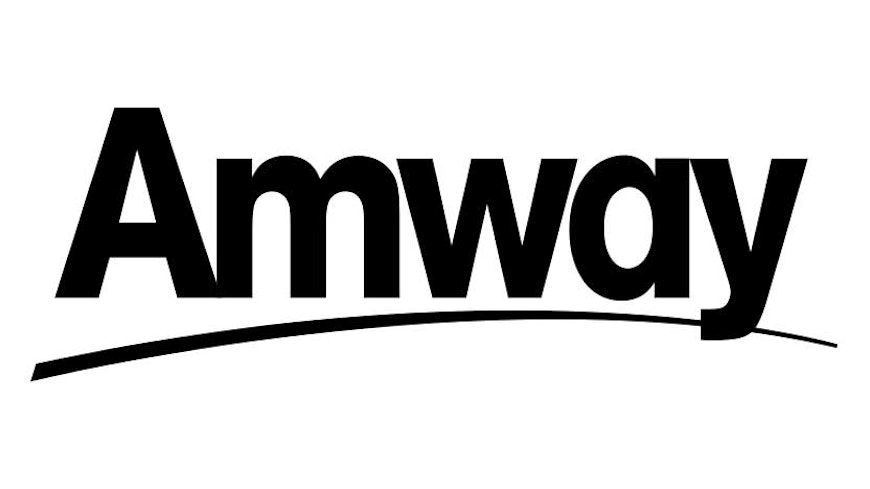
Amway
Based in: US
Products: cleaning products, cosmetics and supplements
Sells through: Amway Business Owners
Consultant’s commission on sales: not stated
Arbonne
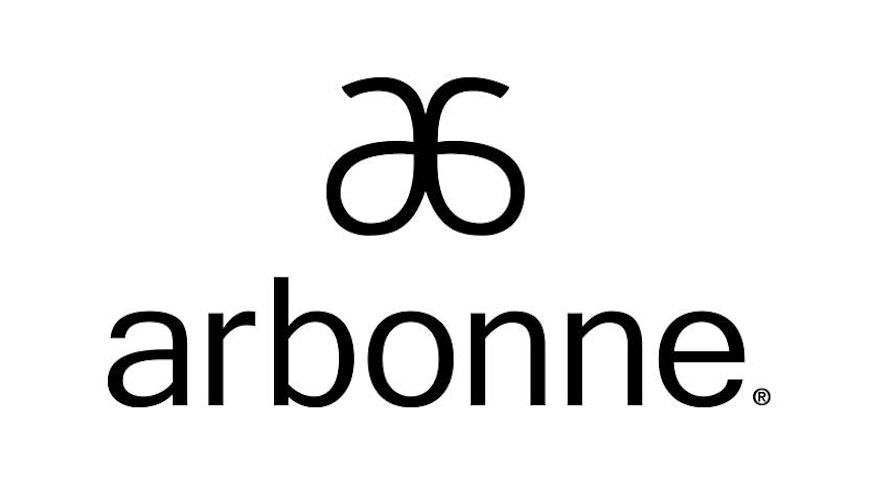
Based in: US
Products: cosmetics and supplements
Sells through: consultants and website
Consultant’s commission on sales: 15-35%, commission on products sold by recruits (6%), plus cash bonuses ($145).
dōTerra
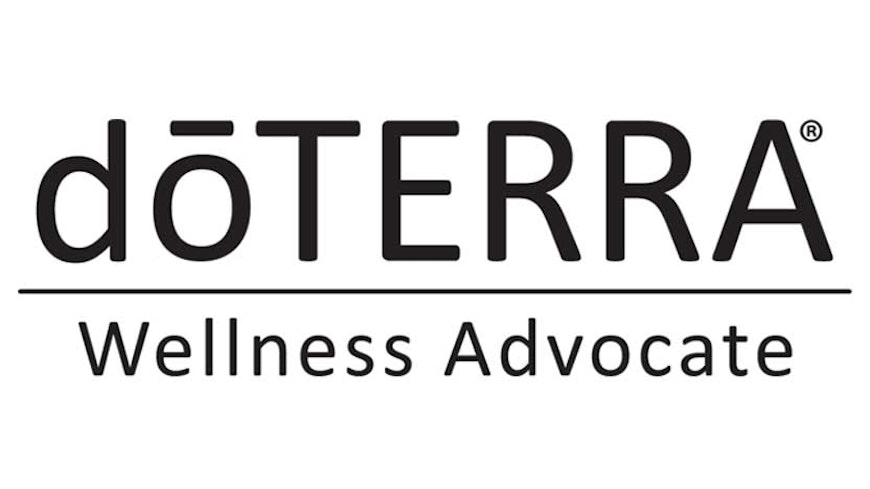
Based in: US
Products: essential oils
Sells through: consultants called “wellness advocates”
Consultant’s commission on sales: receive difference between wholesale and retail price (about 25%), commission on products sold by recruits ($50-$1500) and bonus of 2-7% on total sales.
Enjo
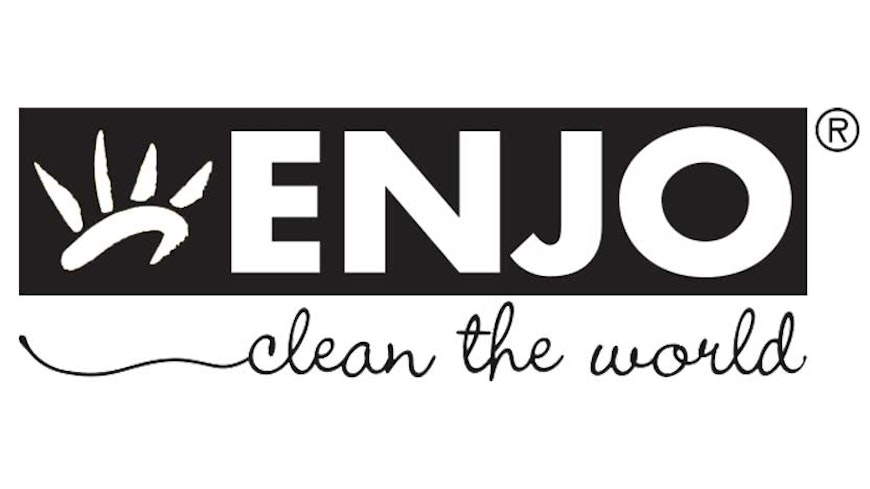
Based in: Austria
Products: cleaning products
Sells through: consultants called “enjopreneurs”
Consultant’s commission on sales: 20-33%
Intimo
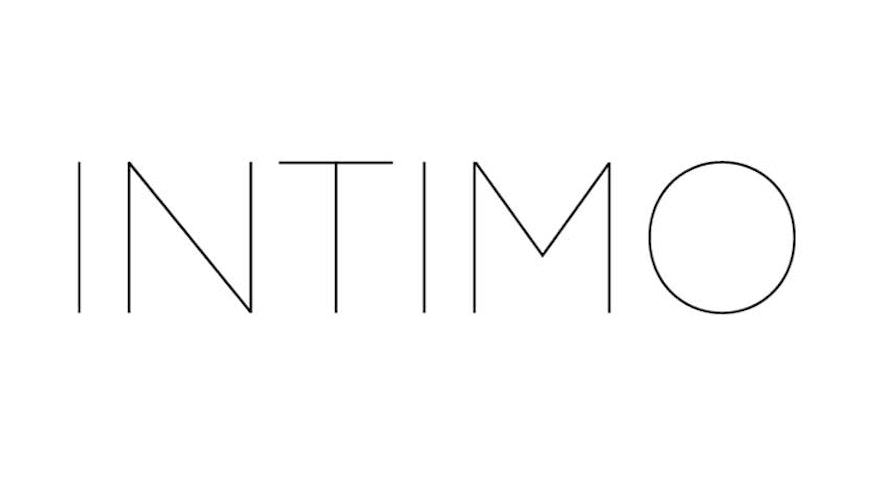
Based in: Australia
Products: lingerie
Sells through: consultants called “bra fit specialists”
Consultant’s commission on sales: 20-25% and 5% on recruits’ sales.
Norwex
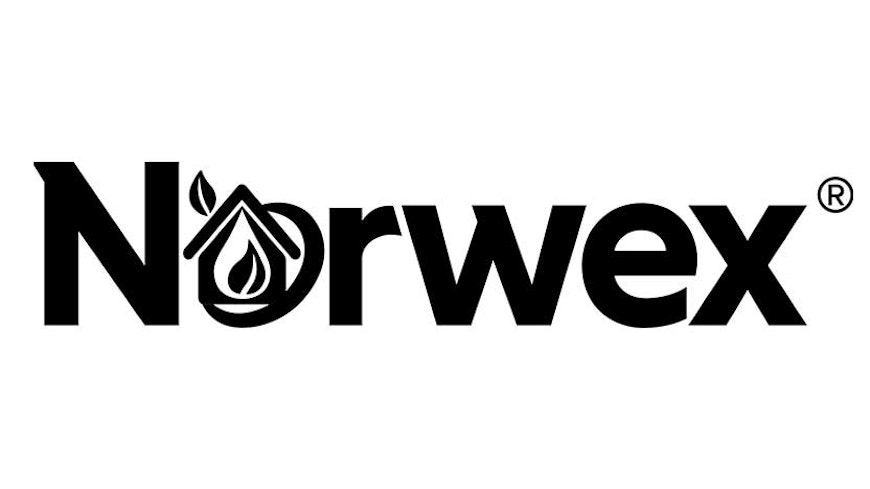
Based in: Norway
Products: cleaning products, cosmetics and homeware
Sells through: consultants
Consultant’s commission on sales: not stated
NuSkin
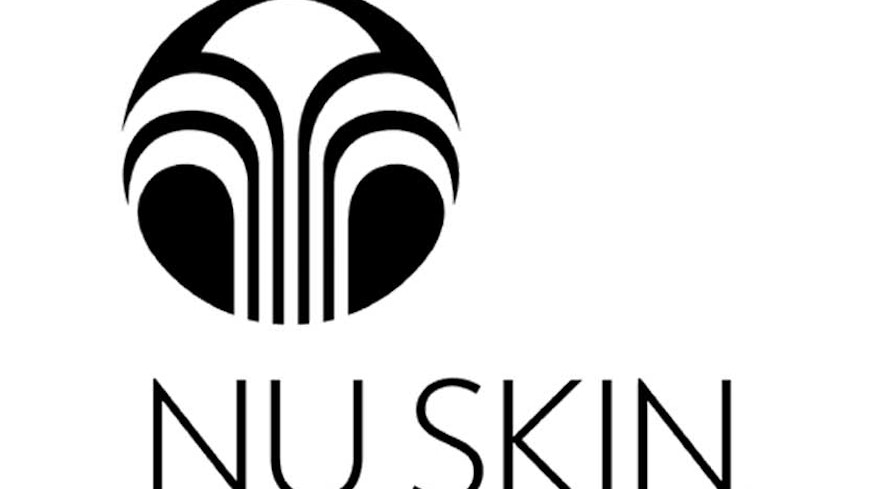
Based in: US
Products: cosmetics and supplements
Sells through: consultants called “brand affiliates”
Consultant’s commission on sales: receive difference between wholesale and retail price, and 5-20% on recruits’ sales.
Scentsy
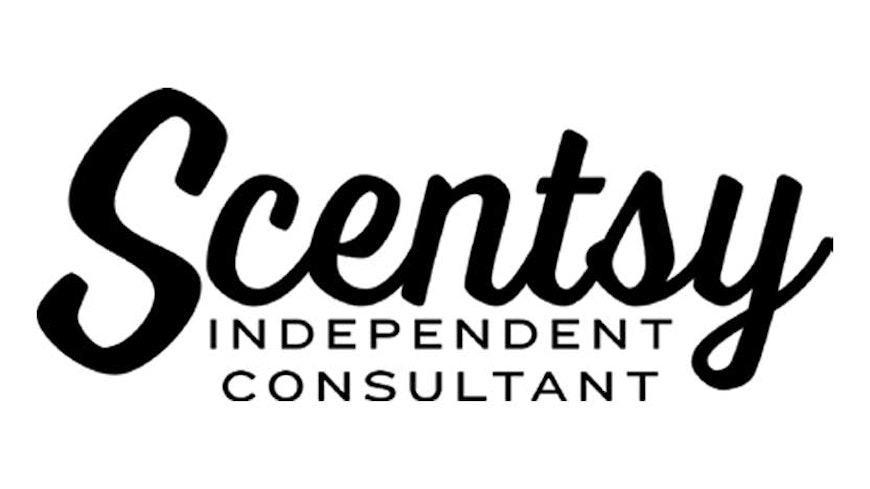
Based in: US
Products: fragrances
Sells through: consultants
Consultant’s commission on sales: 20-36%
Undercover at a dōTerra “wellness workshop”
Before I attended the dōTerra wellness workshop, along with about 50 “wellness advocates”, I talked with Tracey in the lobby. She runs a team of sellers part-time. She uses a blend of the company’s essential oils on her children to help them manage anxiety and depression.
Inside the seminar Steph Berg, dōTerra’s sales manager for New Zealand, also said essential oils may help with anxiety and depression.
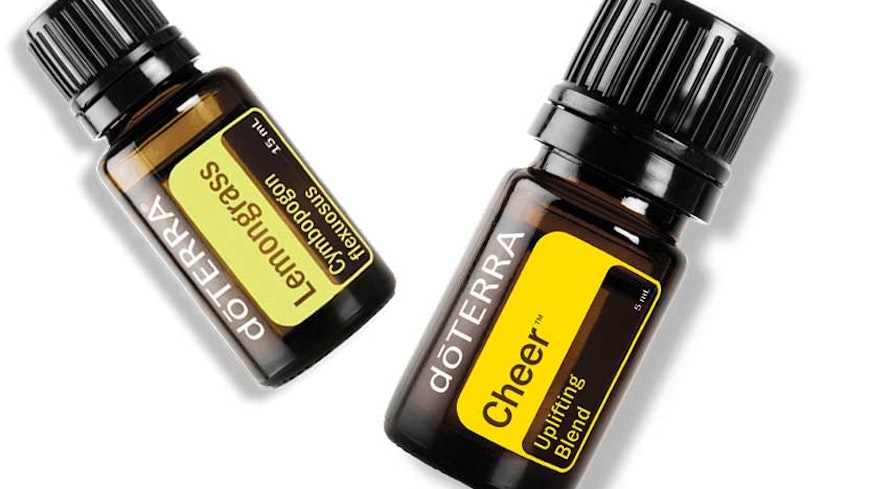
No evidence was offered to support these claims; just statistics showing how many people experience these conditions.
This was a taste of how the wellness workshop operated – a PowerPoint slide would be shown highlighting a genuine concern, such as 47.5% of 18 to 24 year olds experience anxiety or depression, or 47% of parents say they don’t spend enough time with their kids. Then a blend of oils was proffered that could help you “be present” and benefit your mental and emotional health.
Mindfulness and how scents could help achieve it was also a key theme of the night. Olivia Reid, a yoga teacher and dōTerra advocate based in Hanmer Springs, took the group through a technique called aromatic dressing. She blended spearmint, tangerine and cedarwood oils with fractionated coconut oil (a distilled liquid rather than solid coconut oil) and explained you could “honour your body” by applying it to your skin after a shower.
She said this had physical and emotional benefits, as well as helping to reduce fat lipids on your thighs.
However, all this inner wellness came at a cost. Based on prices on dōTerra’s website, buying all the oils in the “centring anchor” blend promoted at the workshop would cost $320. The wellness advocates around me were enthusiastic about it – perhaps because it had the most expensive oils. An oil blend for “activating your passion” would cost a mere $91.
It’s not just oils dōTerra deals in – in fact, a supplement for gut health is its best seller. Its Lifelong Vitality Pack supplements, which include essential oils, omega 3, vitamins and minerals, cost $168. Wellness advocates claimed the supplements helped with ailments from psoriasis to stress and anxiety.
No evidence was provided – only anecdotes of personal experience. But the lack of reliable evidence on the table didn’t appear to dent the advocates’ enthusiasm; everyone seemed thoroughly convinced.
Stay in the know
Keep up-to-date with Consumer's latest news, investigations and product and service reviews, plus join the Consumer panel with invitations to take part in surveys.

We can't do this without you.
Consumer NZ is independent and not-for-profit. To help us get a fairer deal for all New Zealand consumers, you can make a donation. We’ll use your contribution to investigate consumer issues and work for positive change.